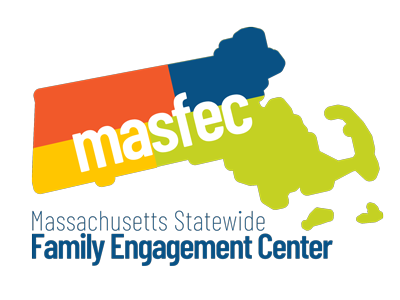 While the American school lunch program began almost two hundred years ago, it has, traditionally, only provided free food to students and families living in poverty. That is, until 2020: during the pandemic, for the first year, all students, regardless of income level, received free lunch.
While the American school lunch program began almost two hundred years ago, it has, traditionally, only provided free food to students and families living in poverty. That is, until 2020: during the pandemic, for the first year, all students, regardless of income level, received free lunch.
Although originally set to end in June 2022, Massachusetts students will benefit from a one-year extension of universal free school means for the 2022-2023 school year. Among the reasons for this extension are a variety of benefits that students have experienced from the program, many of which were surprising. Following are a number of examples of the positive impact school districts across the country have documented as a result of implementing free meals for all students.
1- Increased student achievement
Recent studies show that, during the pandemic, providing universal free meals led to better school attendance, improved academic performance, reduced food insecurity, and improved nutritional status for participating students. Educators also reported that they noticed that their students were happier, healthier, and more ready to learn when they were able to eat a free, nutritious meal.
2 – Increased access to food for all families who needed it
According to Learning for Justice, in 2018, about 2.7 million American children experienced food insecurity – a number that rose during the pandemic. Ordinarily, the article reports, the income level qualifying families for free lunch is far too low, which means that many struggling families make too much money to qualify for the service despite the fact that their income doesn’t cover their expenses. During the pandemic, children who have been traditionally underserved finally got access to the resources they needed, which made a huge difference in their social and academic outcomes.
3 – An end to “lunch shaming”
Despite a slew of recent legislation banning lunch shaming – or publicly humiliating students and families who owe schools money for lunches – before the pandemic, as of early 2020, the practice continued. In New Jersey, for example, students can be banned from extracurricular activities if they haven’t paid their lunch fees, and in Pennsylvania, a district recently threatened families with unpaid debt with the possibility of placing their children in foster care. During the pandemic, the elimination of the need to pay for lunch eliminated debt. This, in turn, eliminated shaming, creating a much more welcoming – and much less stressful – environment for students and families.
4 – Breaking down social barriers
When school lunch debt was an issue, students had a clear idea of who could and could not afford food. Once debt became irrelevant, class differences were less obvious, and students who wouldn’t normally eat together started to make friends. These more integrated lunchrooms had a positive effect on the entire school climate.
5 – Stabilizing resources available to meals programs
According to EdWeek, school lunch debt used to lead to budget shortages that left cafeteria workers without the food supplies or resources they needed to cook healthy meals. Universal free meals, and its accompanying federal dollars, gave workers the steady source of funding they needed to plan out high quality, nutritious, and delicious meals for all students without worrying about budgetary constraints.
6 – Funding local jobs
According to Chalkbeat, in Colorado, legislators are looking to extend the universal free meals program partly because an increase in funding could benefit the local economy. Specifically, it would allow Colorado to buy more produce from local farmers, and to raise the wages of cafeteria workers. Legislators also estimated that it would save Colorado families $78 million in food expenses, giving them a chance to spend that money on other costs that could improve their family’s quality of life. If this model continues, states across the country could not only use the money to improve students’ quality of life, but also to invest in local economies.








